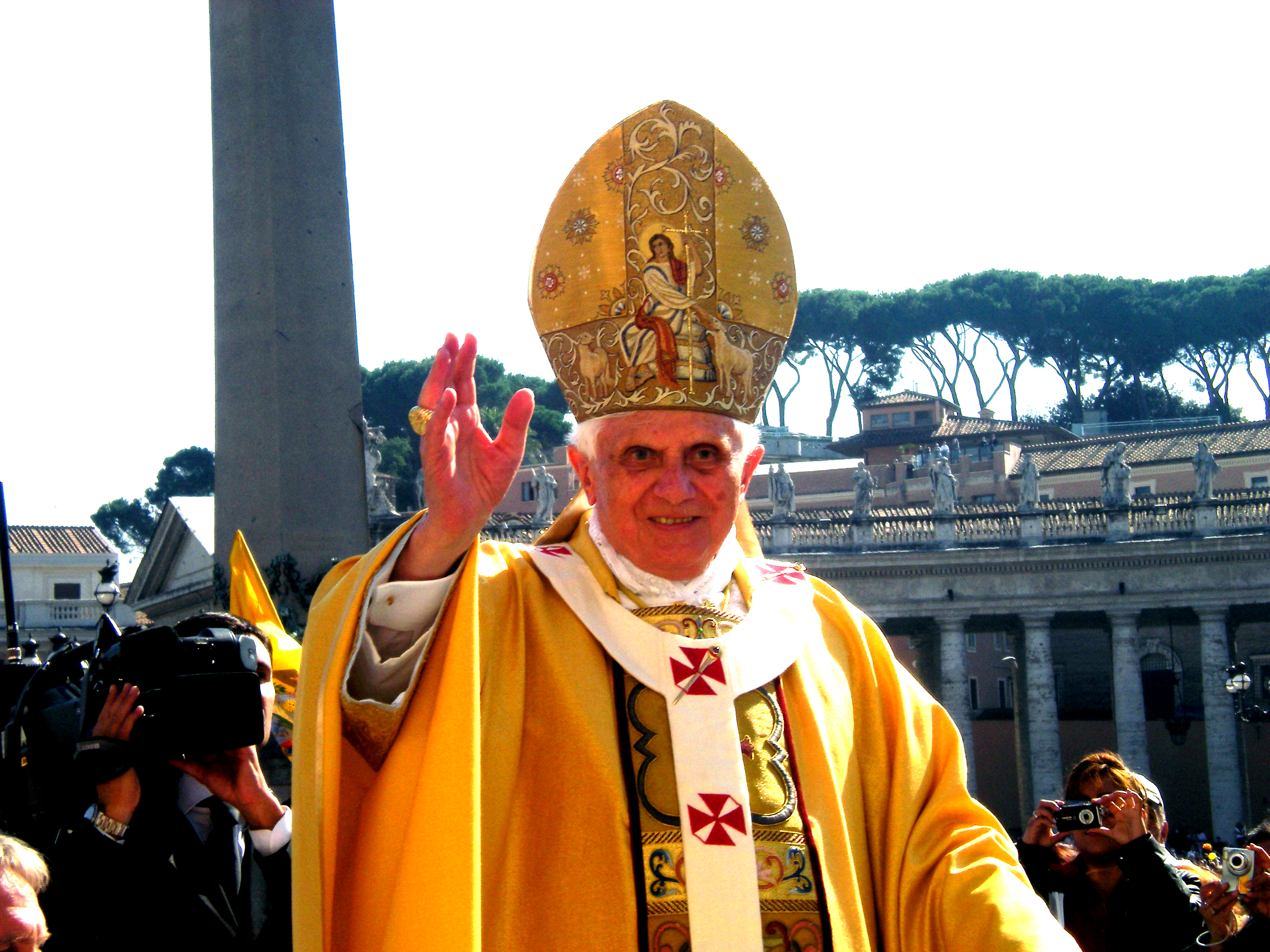Ex-Pope, Benedictus XVI, shocked the world with his early resignation from the Holy See in favor of a quiet monastic life. Not since the early 15th century has a Pope resigned prematurely – speculations have erupted as to why he has chosen to do so, this guesswork dominating the media coverage along with the question of who might be the next Holy Father of Christendom. A far more interesting query however, is the one concerning: why a Pope at all?
While the Old Testament is very extensive on the practices and rituals of the rabbi, priests are barely mentioned at all in the New Testament. The only book where it is actually mentioned is Letter to the Hebrews, although it only imagines Jesus as the “everlasting high priest”.
Gary Wills, Pulitzer Prize-winning author and historian, asserts in his book, Why Priests? The real meaning of the Eucharist, that early Christianity actually operated without priests. Thus, the claim held by the Catholic church that Jesus instituted priesthood is anachronistic.
Priests derive their power from the claim that Jesus at the Last Supper instituted the sacrificial meal of the Eucharist, giving them the unique power to transform bread into Jesus’ body and wine into his blood as a sacrifice to God. Studying a text found in the 18th century and dated to approximately the second half of the second century, describing the interpretations the second century Christians of the Eastern Mediterranean made of the teachings of the twelve apostles, Wills finds that they did not hold the Eucharist as a sacrificial meal but rather a thanksgiving meal. This transformation, Wills shows, is an official 16th century invention.
From Wills’ scrutiny different conclusions may be drawn, his own being that doing away with priests altogether would mirror early Christianity best. However, this is neither realistic nor practical: priests do fill important functions within parishes.
What I would like to question is the authority and power of priests, especially that of the Holy See. On what grounds is the Holy Father granted the power to act as mediator between man and God? From where do the men (and obviously: why only men?) derive the authority to concentrate power in one central organization which constitutes the ways of a billion people?
And so it is unfortunate that the central subject of discussion at this time is the one of who will be the next Holy Father when it really should be: why Pope?
Text: Hannes Floman

